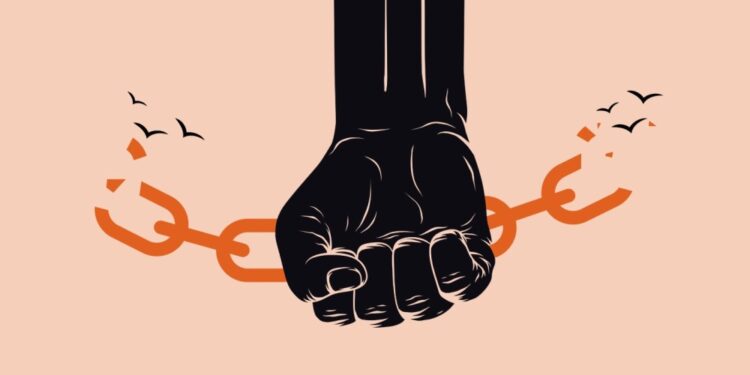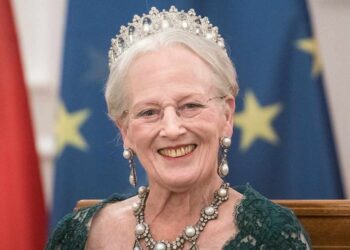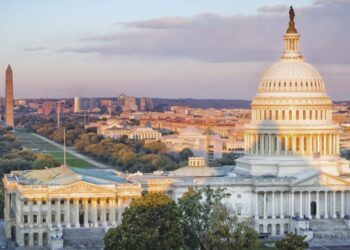Freedom is one of the most important factors influencing a person’s everyday quality of life. In addition to making it easier to live one’s life, human freedom recognizes individuals’ dignity and is inherently valuable, playing a vital role in human progress. Despite this importance, determining which countries’ citizens have the most freedom can be challenging to do so objectively. Fortunately, individual indices can be used to determine which countries have the highest level of human freedom.
Overall, the freest countries in the world demonstrate a strong commitment to personal freedom, the rule of law, and economic openness. They prioritize individual rights and create environments that foster innovation, entrepreneurship, and social well-being. Conversely, the least free countries face significant obstacles in terms of political stability, human rights, and economic development, which hinder the realization of individual freedoms.
The Human Freedom Index (HFI) is a measure that quantifies the level of personal, civil, and economic freedoms in a country. It takes into account various factors such as the rule of law, property rights, freedom of speech and religion, and access to economic opportunities. The index is a resource that can help to more objectively observe relationships between freedom and other social and economic phenomena, as well as the ways in which the various dimensions of freedom interact with one another.
Here are the top 20 freest countries in the world.
| Rank | Country | HFI |
| 1. | Switzerland | 9.11 |
| 2. | New Zealand | 9.01 |
| 3. | Denmark | 8.98 |
| 4. | Estonia | 8.91 |
| 5. | Ireland | 8.9 |
| 6. | Canada | 8.85 |
| 7. | Finland | 8.85 |
| 8. | Australia | 8.84 |
| 9. | Sweden | 8.83 |
| 10. | Luxembourg | 8.8 |
| 11. | Netherlands | 8.78 |
| 12. | Iceland | 8.77 |
| 13. | Norway | 8.76 |
| 14. | United Kingdom | 8.75 |
| 15. | Germany | 8.73 |
| 16. | Japan | 8.73 |
| 17. | United States of America | 8.73 |
| 18. | Portugal | 8.69 |
| 19. | Lithuania | 8.68 |
| 20. | Taiwan | 8.68 |


































































































































































































